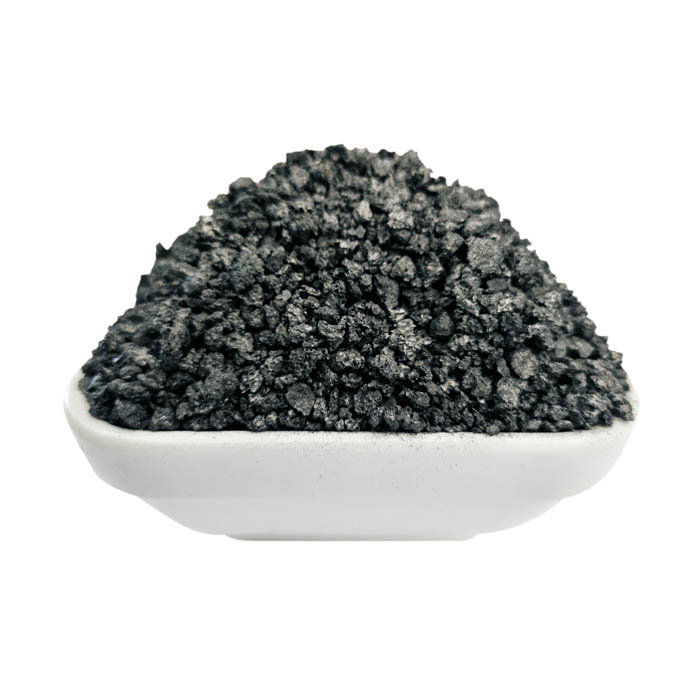Aug . 21, 2024 10:11 Back to list
Wholesale Pipe Insulation Materials for Energy Efficiency and Cost Savings
Understanding Wholesale Pipe Insulation Materials
In today’s energy-conscious world, the importance of effective insulation cannot be overstated. Among various insulation products, pipe insulation is a key component in enhancing energy efficiency, reducing energy costs, and preventing heat loss. For contractors, builders, and facility managers, sourcing high-quality pipe insulation materials at wholesale prices is an essential aspect of their operations. This article delves into the various types of wholesale pipe insulation materials available, their benefits, and factors to consider while purchasing.
Types of Pipe Insulation Materials
1. Fiberglass Insulation One of the most popular pipe insulation materials, fiberglass is excellent for preventing heat loss in hot water pipes and minimizing condensation on cold water pipes. It is lightweight, easy to handle, and available in various thicknesses. When sourced wholesale, fiberglass insulation can significantly reduce construction costs while ensuring optimal thermal performance.
2. Foam Pipe Insulation This material is made from closed-cell foam, which provides excellent thermal insulation and moisture resistance. Foam insulation is ideal for both residential and commercial applications due to its flexibility, allowing it to fit around pipes of different sizes. When buying wholesale foam pipe insulation, it's crucial to ensure that the products meet relevant safety and performance standards.
3. Rubber Insulation Rubber pipe insulation is another viable option, known for its durability and flexibility. It is resistant to mold, mildew, and moisture, making it perfect for heating, ventilation, and air conditioning (HVAC) systems. Bulk purchasing of rubber insulation can yield significant savings for larger projects.
4. Reflective Insulation This type of insulation uses reflective materials to reduce heat transfer. It is particularly beneficial in hot climates where reducing radiant heat gain is critical. Wholesale availability of reflective insulation materials allows for widespread application in various construction projects.
Benefits of Wholesale Pipe Insulation Materials
1. Cost-Effectiveness Purchasing insulation materials in bulk can lead to substantial cost savings. Wholesale prices typically offer discounts that help contractors and businesses stay within budget while sourcing quality materials.
wholesale pipe insulation material

2. Quality Assurance Many wholesale suppliers provide access to high-grade insulation materials that meet industry standards. This ensures that the insulation installed performs effectively over the long term, thus reducing the need for premature replacements or repairs.
3. Wide Selection Wholesale suppliers often carry a broad range of insulation options, allowing buyers to select products that best fit their specific needs and applications. From various thicknesses and materials to custom sizes, a wide selection enables tailored solutions.
4. Time Savings Streamlined ordering processes at wholesale outlets can minimize delays, ensuring that projects stay on schedule. Bulk orders can be handled efficiently, with many suppliers offering faster shipping options.
Factors to Consider When Purchasing Wholesale Pipe Insulation Materials
1. Specifications and Ratings Ensure that the insulation materials meet the required specification ratings for your project. Look for thermal conductivity (R-value), flame resistance, and moisture resistance ratings, as these will influence performance.
2. Supplier Reputation Choose suppliers known for reliability and quality. Research customer reviews and assess their product ranges to make an informed choice.
3. Bulk Purchase Discounts Inquire about available discounts for larger orders. Many suppliers offer scale-based pricing, providing further incentives to buy in bulk.
4. Environmental Impact Consider eco-friendly insulation options made from sustainable materials, as these can contribute to green building certifications and lower environmental footprints.
In summary, wholesale pipe insulation materials play a crucial role in modern construction and renovation projects. By choosing the right type of insulation and sourcing from reputable suppliers, builders can enhance energy efficiency, ensure comfort, and reduce costs effectively.
-
Eco-Friendly Granule Covering Agent | Dust & Caking Control
NewsAug.06,2025
-
Fe-C Composite Pellets for BOF: High-Efficiency & Cost-Saving
NewsAug.05,2025
-
Premium Tundish Covering Agents Exporters | High Purity
NewsAug.04,2025
-
Fe-C Composite Pellets for BOF | Efficient & Economical
NewsAug.03,2025
-
Top Tundish Covering Agent Exporters | Premium Quality Solutions
NewsAug.02,2025
-
First Bauxite Exporters | AI-Optimized Supply
NewsAug.01,2025
